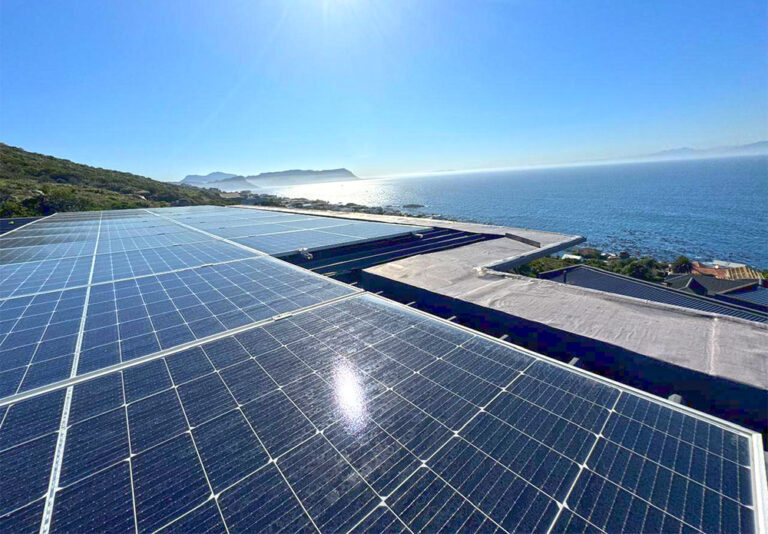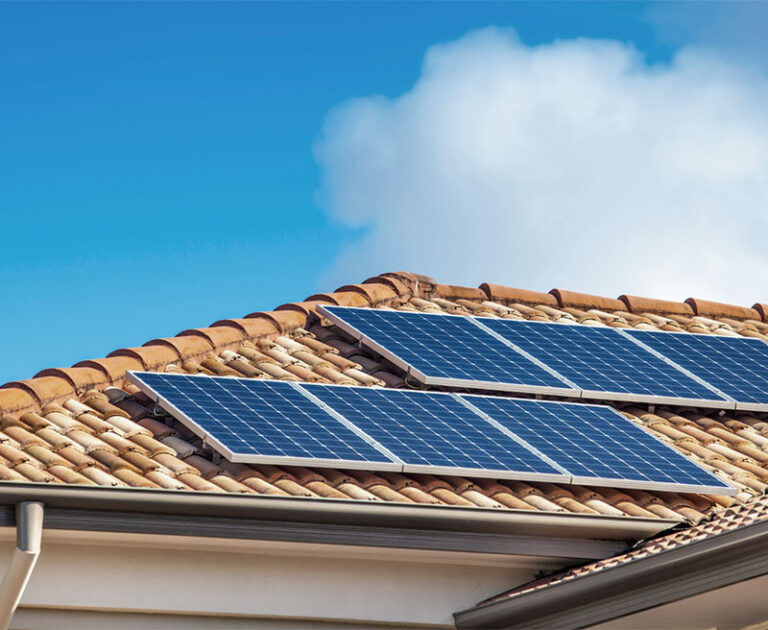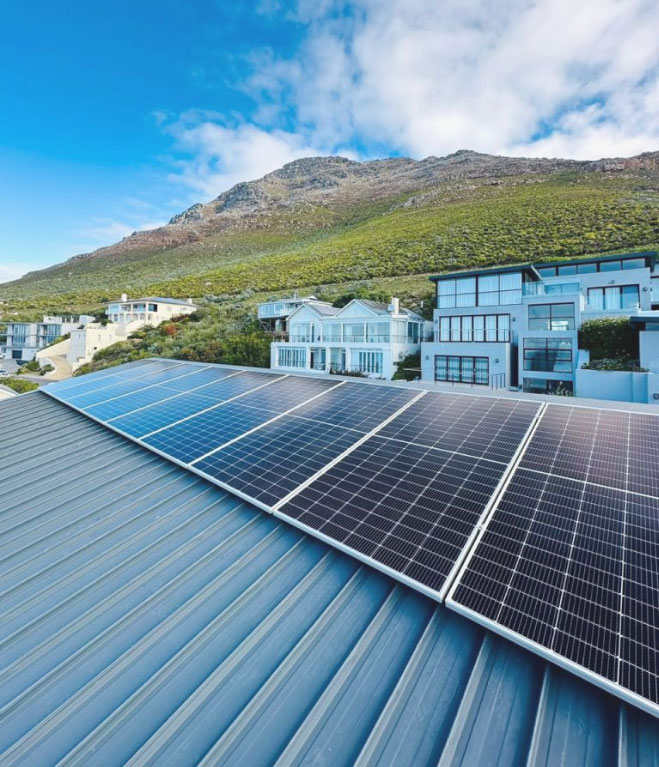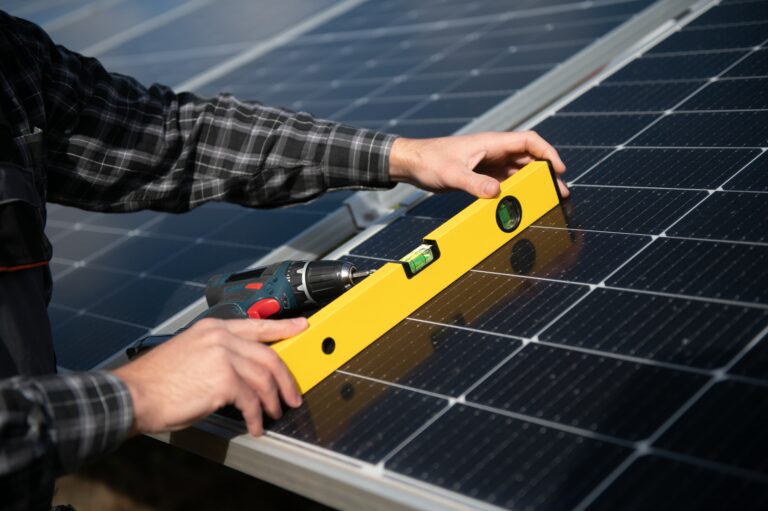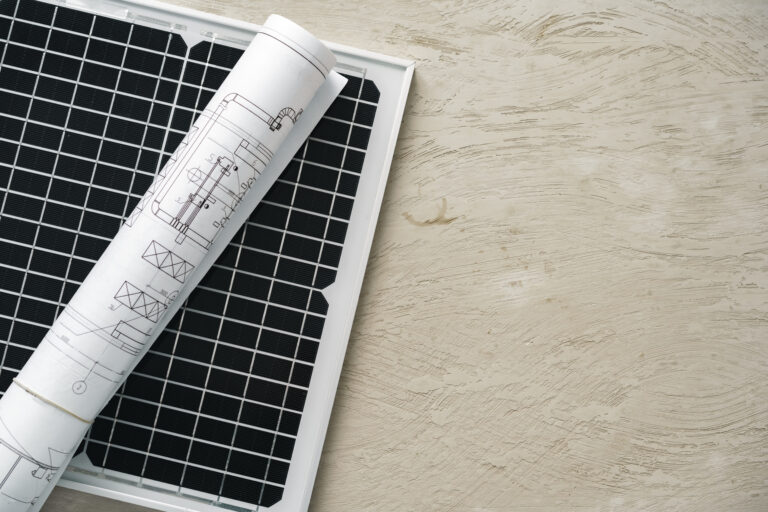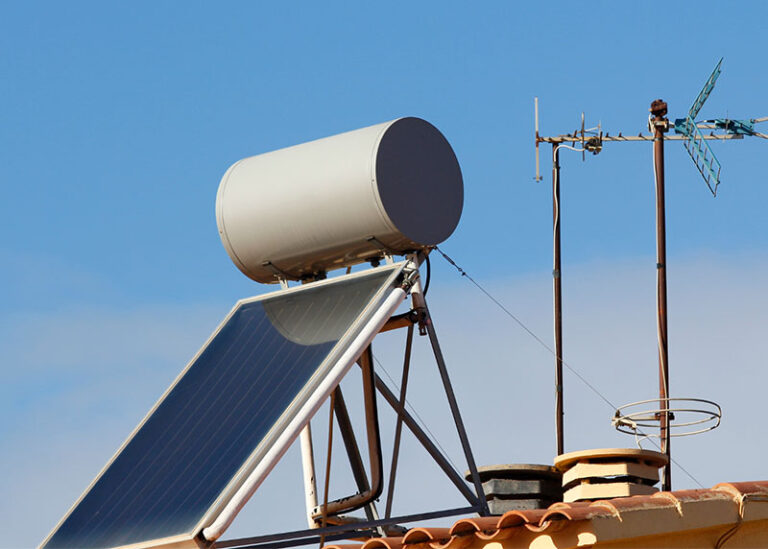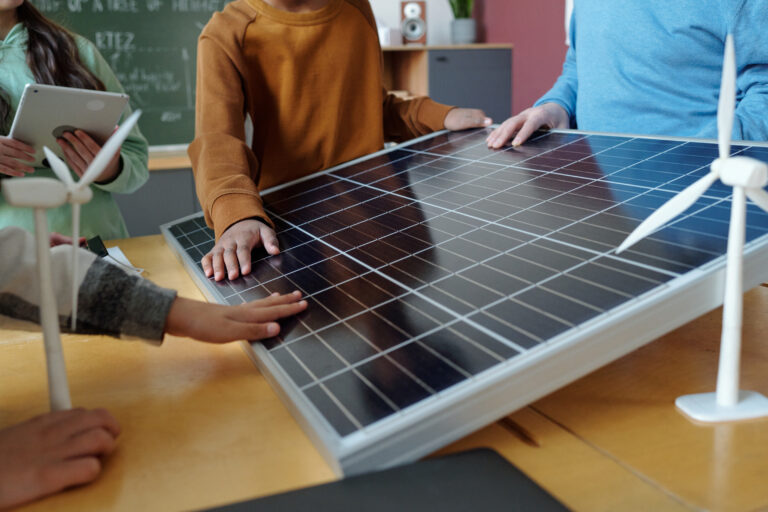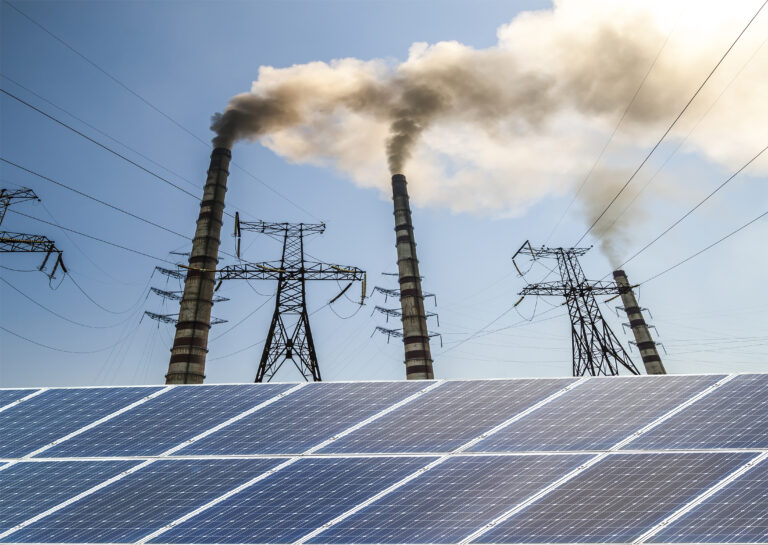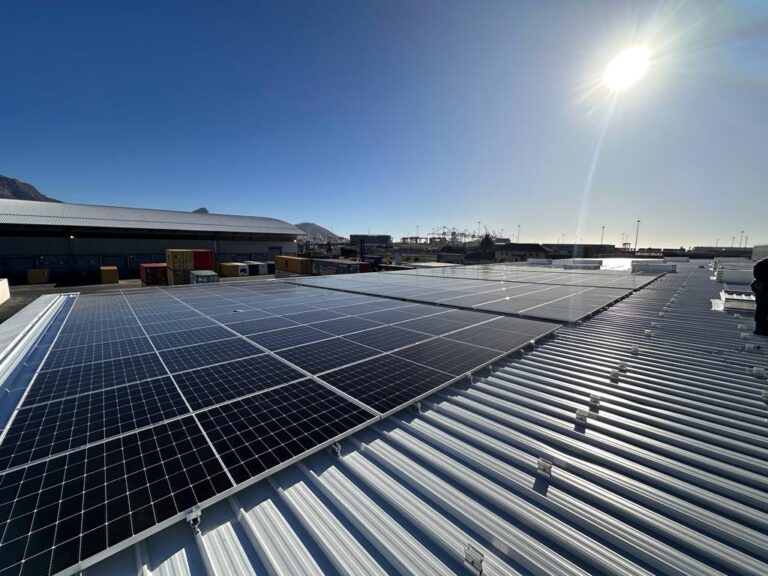
Understanding PV Solar System Inverters
What is a Solar Inverter? A solar inverter is a crucial component of a photovoltaic (PV) solar system. It plays a vital role by converting the direct current (DC) electricity generated by solar panels into alternating current (AC) electricity. This…

